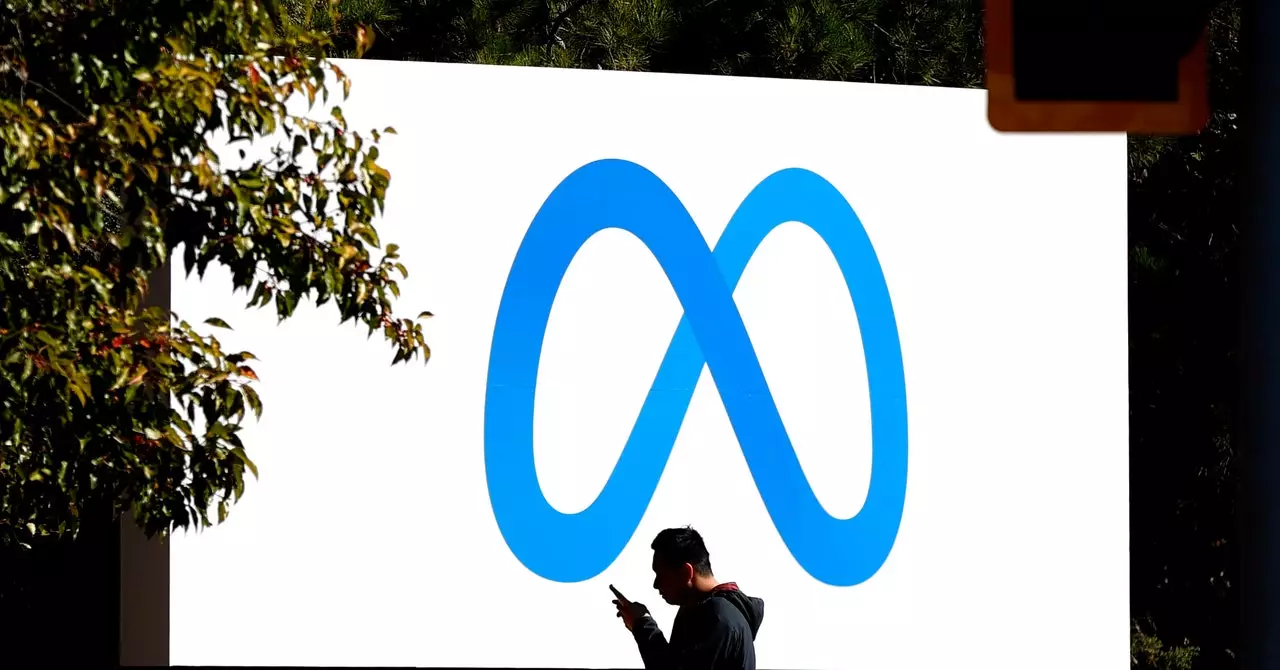The rapid evolution of social media has dramatically altered the landscape of journalism and public discourse. Meta Platforms, previously known as Facebook, has been at the forefront of this transformation, continuously grappling with the dual responsibilities of facilitating free expression while combating misinformation. Recent developments, especially in light of statements from figures such as Nina Jankowicz, have raised alarms about the implications of Meta’s latest policy changes. As the line between journalistic integrity and political maneuvering blurs, the future of credible news on social media is cast in shadow.
Nina Jankowicz, a prominent figure in the discourse on disinformation, described recent changes as “the final nail in the coffin” of journalism. This assertion embodies growing concerns that platforms like Facebook are not just passive conduits of information but are actively contributing to the deterioration of journalistic standards. Jankowicz pointed specifically to Facebook’s funding of fact-checking initiatives, which, while intended to uphold journalistic integrity, inadvertently tether newsrooms to the will of the platform’s profits. This precarious relationship calls into question the autonomy of news organizations and the integrity of their reporting.
Mark Zuckerberg’s announcement of relocating Meta’s trust and safety team from California to Texas appears to be a strategic alignment with geopolitical sentiments and an overture to right-wing audiences. Publicly framed as an initiative to reduce perceived biases in the moderation process, this move has been scrutinized. Critics argue it is less about promoting healthy discourse and more about currying favor with powerful political figures, including former President Trump. Zuckerberg’s commentary on free speech, particularly in light of his condemnation of international censorship efforts, further complicates his narrative and suggests that Meta may be prioritizing political alliances over genuine content integrity.
Meta plans to implement a community-driven approach to content moderation, reminiscent of features adopted by rival platform X. The proposed system will rely on volunteer contributions to assess and contextualize posts. While community involvement can theoretically foster diverse perspectives and reduce bias, it risks devolving into a system vulnerable to manipulation and groupthink, particularly given the contentious nature of digital politics. Projects like Community Notes, originally designed to promote transparency, have demonstrated ineffectiveness in curbing disinformation, often amplifying the chaos they intended to regulate. Statistics indicate a surge in misleading and harmful content even as platforms commit to community-centric strategies.
The interplay between Meta’s content moderation policies and political agendas has not gone unnoticed. Tensions have erupted as Meta faces criticism not only from activists and analysts but also from governments which view platform policies as irresponsible. The Real Facebook Oversight Board has decried these recent shifts, branding them as a retreat from responsible content moderation practices. Critics argue that framing concerns about misinformation as “manufactured crises” serves to enable far-right narratives and hyper-partisan content, thereby unraveling the fabric of balanced public discourse.
As users become increasingly aware of the implications of platform policies on democracy and discourse, the need for transparency and accountability in how social media companies operate is paramount. Meta’s recent dealings—especially when coupled with Zuckerberg’s outreach to controversial political figures—underscore the gravity of maintaining journalistic integrity. The potential descent into a digital landscape governed by misinformation and political propaganda could undermine public trust in media as a whole.
The trajectory of Meta under Zuckerberg’s leadership raises pressing questions about social media’s role in contemporary society. If the platform continues to sideline responsible content moderation in favor of political expediency, the consequences could resonate far beyond the realms of journalism. As we advance, a critical reevaluation of how these platforms can support rather than undermine credible information is essential. The conversation surrounding free expression cannot ignore the obligations that come with wielding such enormous influence over the public narrative.

